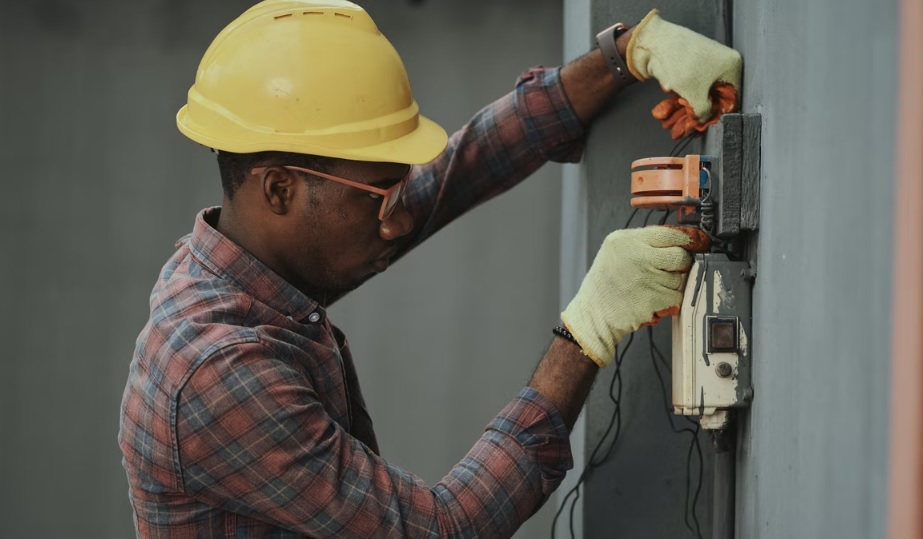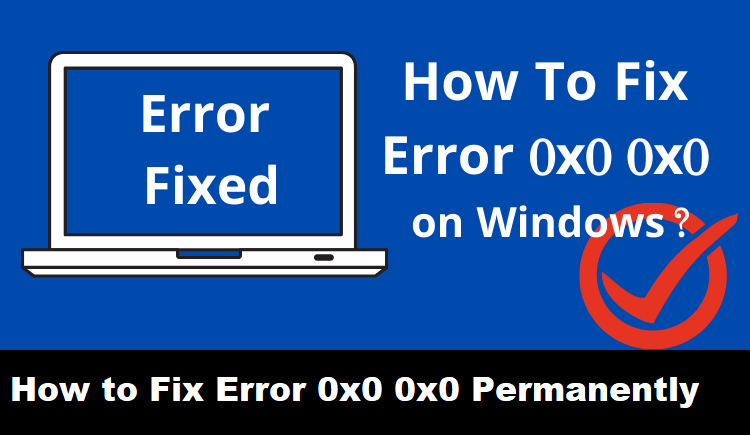5 Ways to Protect Landlord and Renter
Whether you are a landlord or renter, dealing in a rental property can feel like a grueling challenge. With several legal and financial obligations on either end, the stress even seems justified at times.
But it doesn’t have to be that way. By looking into rental best practices, you can ensure that you can protect your interests, no matter which ends of the renting spectrum you stand on. To assist you through these requirements, here are 5 ways to protect landlords and renters.
5 Ways to Protect Landlord and Renter
Table of Contents
1. Perform a Thorough Tenant Screening
Executing the tenant screening process is a highly sought-after practice while renting out your property. During this activity, you move forward with checking all verifiable information that the tent has provided to you, while also looking for any red flags in their criminal records or financial history.
By going through a checklist of tenant screening services, you can also make sure to know about tenants who have had any evictions on record. This allows you to steer clear of any parties that may end up causing trouble or harming your property without compensation in the long run.
2. Draw Up a Detailed Agreement
Drafting detailed rental agreements is yet another way to protect yourself as a landlord. But it works equally as well when you are signing these documents as a renter. It is because a rental or lease agreement ensures that both parties are being treated fairly, and continue to receive the same treatment in the future.
You can get your agreement drawn up through a realtor. However, if you want more detailed protections, you can also look into an online attorney service platform. Through these measures, you can get informed and knowledgeable advice that helps you safeguard your interests at every step.
3. Hire a Third-Party Inspection Service
Before you rent out your property or take possession of the rental real estate, make sure that a thorough inspection has been performed on the property in question. From repairing leaking roofs to resolving flickering lights, this step enables you to identify problems and take associated measures to fix them right away.
As a landlord, this lets you safeguard yourself from unfounded legal claims down the road. As a renter, this saves you a world of pain that could otherwise stem from broken fixtures or unkempt property areas. While many landlords can perform the inspection themselves, you can also hire a home inspection service for objective assessments.
4. Get a Sufficient Security Deposit
As a landlord, this practice saves you from the risk of losing your investment in the property. On an average basis, landlords charge up to one month’s rent in terms of a security deposit. This deposit can then be used to make repairs, pay bills, or cover rent in case the tenant is unable to hold up to these commitments before moving out.
However, you can also charge up to three months’ rent in terms of a security deposit. This is especially true if you have taken additional measures to enhance amenities such as plumbing or improve facilities such as your Wi-Fi speed. Depending upon certain factors, you and your tenant can negotiate over this requirement.
5. Install a Security System
As a tenant, this practice secures you and your household while allowing you to feel safe in your new rental property. Installing a home security system is not necessary for landlords. But if you can negotiate with your landlord to pay for such a system, it can be a breeze of fresh air and ease many worries for you as a renter.
You can speak about this particular requirement before signing the rental or lease agreement. Many landlords may agree to it right away, while others may take a little more convincing. In some properties, these solutions may come pre-installed from the get-go, which saves you the trouble of asking for them.
By looking into these practices, you can easily protect yourself as a landlord or as a tenant. This ensures that your experience with your rental property is free of negative aspects and full of positive points.




